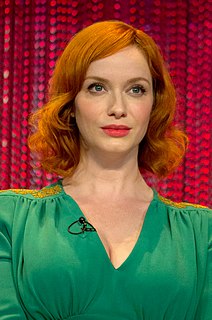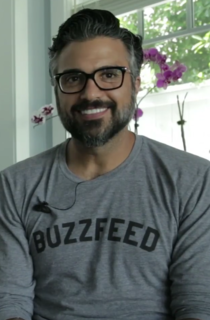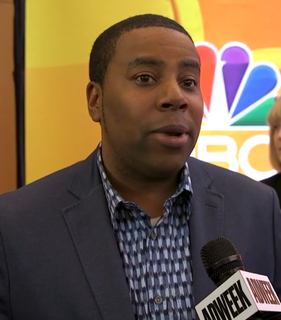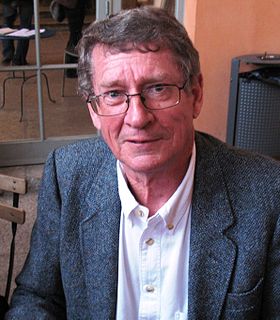A Quote by Rita Tushingham
When I read a script I either immediately identify with the character or I don't. If I find myself reading the part in my own voice I think 'This is a bit of a drag, isn't it?' and it's no good.
Related Quotes
Ever since I was first read to, then started reading to myself, there has never been a line read that I didn't hear. As my eyes followed the sentence, a voice was saying it silently to me. It isn't my mother's voice, or the voice of any person I can identify, certainly not my own. It is human, but inward, and it is inwardly that I listen to it. It is to me the voice of the story or the poem itself.
When I read to children, I try to become the characters. It's great if you can make a separate voice for each character. Sometimes you can lower your voice with excitement or get more intimate about it: you can lean forward and engage the children as a narrator or as a reader. It's particularly important that you find the voice that you want to use for each character, because then children can imagine that person as you're reading aloud. And of course, the illustrations help enormously.
As we were negotiating, I didn't have a script. Once the deal is closed, they let you read the script. So, I got the script and was reading it like, "Oh, please be good!," because I'd already signed on the dotted line. And I read it and just went, "Okay, I'm going to be okay. Thank god!" It was a really funny, moving story.
I got good at trying to throw a voice on a character from the very beginning as opposed to like reading it and sitting with it and mulling over it and stuff like that just try to read what it is and then try to put a funny voice to it like as soon as possible and stuff like that. Once you get laughs with your voice then you can start thinking about, you know the physical characteristics and how they might walk or if they stick out their buck teeth or if they wear an afro and stuff like that. I think like finding the voice of the character helps to like build the wardrobe and everything else.
Generally, if a good script comes in I read it, and if it appeals to me, it appeals to me. And it doesn't have to be anything - it doesn't have to be the main character, it doesn't have to be a huge part. It could be a nice cameo - anything that I think is good and surrounded by good, enthusiastic people.
When you start out as an actor, you read a script thinking of it at its best. But that's not usually the case in general, and usually what you have to do is you have to read a script and think of it at its worst. You read it going, "OK, how bad could this be?" first and foremost. You cannot make a good film out of a bad script. You can make a bad film out of a good script, but you can't make a good film out of a bad script.



































